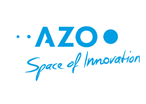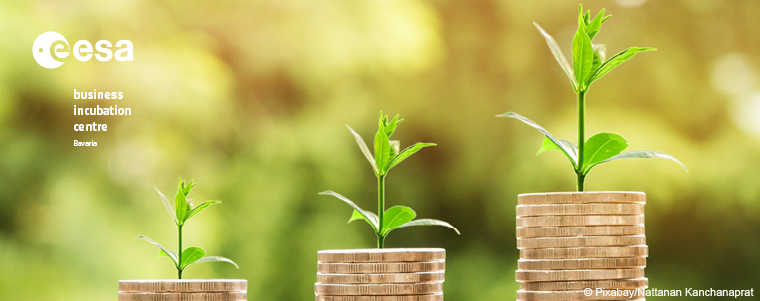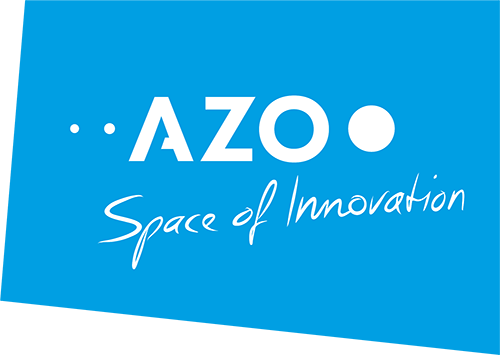Space has long been a source of inspiration for explorers and scientists. Space-related technologies are being developed at an unprecedented rate. Not too long ago, space was only associated with public funds, since the high costs and risks involved rendered this industry inaccessible to private investors. This has changed over the past decades and the investment in companies using space technologies is increasing constantly.
Even after more than a year of the unprecedented global Covid-19 pandemic, funding for ESA BIC Bavaria and ESA BIC Northern Germany startups remained strong, whilst the venture capital investments in German startups generally declined as compared to 2019. The support for entrepreneurs through the ESA BIC Bavaria and ESA BIC Northern Germany has in fact reached a record high of EUR 442 million in 2020, followed by EUR 120 million in 2021 up until today. This confirms that ESA BIC startups today are growing faster than they have in the past.
The success of German ESA Business Incubation Centres is demonstrated by the success stories of former incubatees. Alumnus Lilium, the pioneer developer of electric Vertical Take-off and Landing (VTOL) air taxis, recently became the first ever ESA BIC unicorn of the Europe-wide ESA BIC network with a valuation of over USD 1 billion. Another prominent alumnus, Isar Aerospace Technologies, founded in 2018, has strengthened its position as the leading and well-financed commercial launch service provider. The company recently extended its Series B investment round to more than EUR 139 million. In 2021, phelas gained an investment of about EUR 600,000 pre-seed for its vision of a standardised, mass-produced, large-scale electrical storage system. Finally, Mynaric, developer and manufacturer of laser communication products for the aerospace communications network, was the very first company from the ESA BIC that went public and had its IPO in 2017. Besides, Mynaric’s listing in the United States could be completed in the second half of 2021.
With the above companies providing just a few examples of innovative technologies, it is not surprising that the space-tech industry is being discovered by new private actors and stakeholders offering unparalleled financial potential. These developments are serving as a booster for emerging technologies, including 3D printing, big data, AI, remote sensing, renewable energies and many more. These advances combined with terrestrial space technology shape society’s future with new insights and applications in various use cases. For instance, Hawa Dawa is combining IoT sensor and satellite imagery with machine learning for collection and analysis of urban air quality. Agrista, on the other hand, is using Earth observation data for improved agriculture support, and OroraTech provides global wildfire detection and monitoring services. There are numerous further innovations and ideas, all endeavouring to improve life on Earth. ESA BIC Bavaria has a long history of supporting pioneering space exploration and terrestrial technologies and investing heavily in space infrastructure and programmes, such as the Galileo and Copernicus missions.
Every year, the entrepreneurs supported by ESA BICs are making great strides and achieving huge breakthroughs in space technology. New businesses and services are emerging, as the terrestrial market is evolving incrementally and its peculiarities are being explored.
Anticipating the risks and opportunities every startup has to face, the space business has become increasingly appealing to both entrepreneurs and investors. Another incentive for entrepreneurs to enter the space market are the decreasing testing and production costs. On the other hand, technological advancements in space serve as a trigger for innovation in terrestrial domains, as know-how and materials can be transferred. One thing is certain: space technologies have definitely sparked scientific advancements that help people all around the world on daily basis. It necessitates the development of cutting-edge technologies and offers unique possibilities to address some of the world’s most pressing issues. With all this combined, industry and startups are becoming more agile and potentially limitless.
About ESA BIC Bavaria
ESA Business Incubation Centre (BIC) Bavaria promotes companies with disruptive products and digital businesses in areas like robotics, mobile, mobility, automotive, aviation, satellites etc. Since 2004, AZO with its ESA BIC Bavaria so far supported more than 190 startups with an annual turnover of round about EUR 160 million in 2020, creating more than 3,100 high-tech jobs in Bavaria and involving the amount of more than EUR 442 million venture capital in 2020. ESA BIC Bavaria is one of the most successful incubation programmes in Europe.
The next application deadline for startups is on 18th October 2021. For more information, please see www.esa-bic.de.
Author: Abdullah Ahmed Ejaz, Working Student ESA BIC Bavaria





Comments are closed.